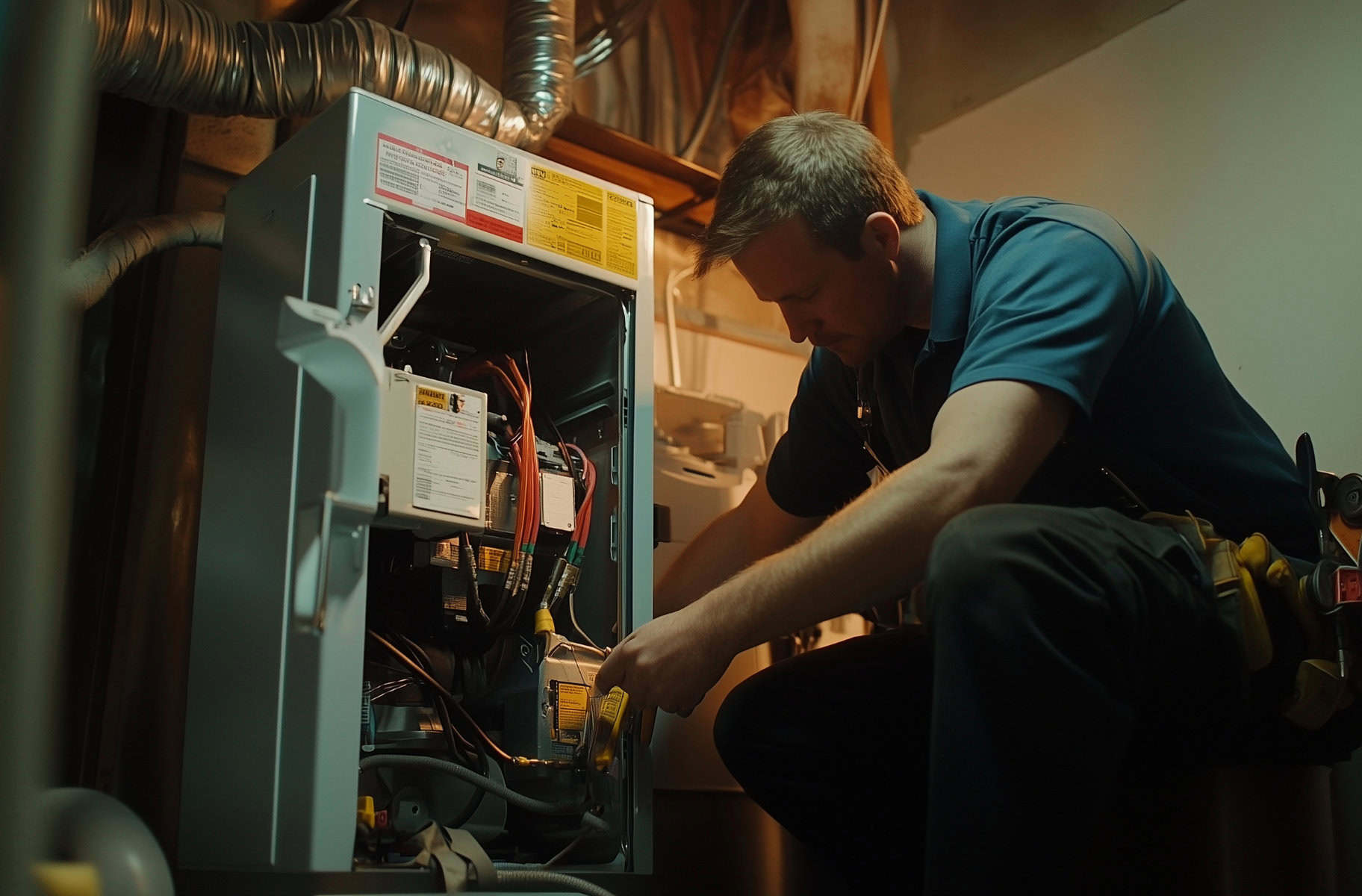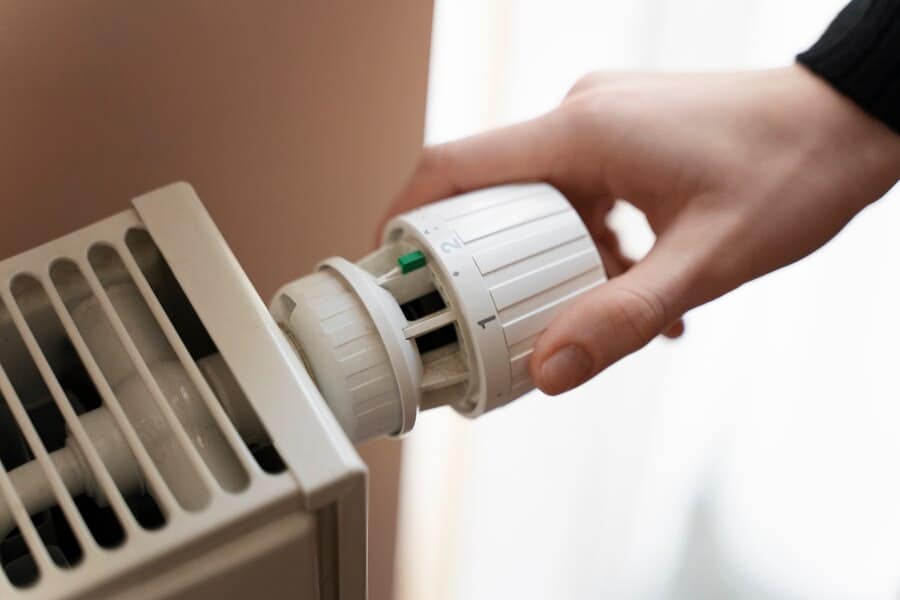As winter approaches, a well-functioning furnace is crucial to keep your home warm and cozy. Unfortunately, many homeowners don’t realize their furnace is failing until it’s too late. Catching the early signs of furnace failure can save you from unexpected breakdowns and expensive repairs.
Paying attention to unusual noises, uneven heating, and frequent cycling of your furnace can help you spot problems before they escalate. By understanding these early symptoms, you can address issues sooner rather than later, ensuring your furnace provides reliable warmth through the colder months. Regular maintenance and keen observation simplify the task of keeping your heating system in top-notch condition.
Unusual Noises Indicating Trouble
Furnaces should operate quietly with a gentle hum to let you know they’re working. However, unusual sounds are often an early sign that something is wrong. If you start hearing strange noises, it’s time to pay attention. Common sounds you might encounter include banging, clanking, or booming noises. These often signal issues such as a loose panel or a delayed ignition.
A high-pitched squeal can indicate a problem with the blower or a slipping fan belt. Listen for loud rattling, meaning components are loose, or debris is caught inside the furnace. Similarly, a buzzing noise could suggest an electrical problem, while a clicking sound might point to a failing ignition system.
It’s important to address these noises promptly. Ignoring them can lead to more serious damage over time. Regular inspections and maintenance can help prevent these issues, keeping your furnace running smoothly and quietly.
Fluctuating or Inadequate Heat
Your furnace might struggle if your home experiences sudden temperature changes or never seems warm enough. An effective furnace should heat your spaces consistently according to the thermostat settings. Frequent fluctuations can signal a malfunction that demands attention.
Several issues could cause uneven heating. It might be a problem with the thermostat, like faulty wiring or incorrect calibration. Blocked vents or ducts could also restrict airflow. An aging furnace or one improperly sized for your home might also struggle to maintain steady heat.
Consider using a programmable thermostat to monitor your furnace’s performance. This lets you monitor and adjust temperatures more closely. Regularly checking and maintaining your vents and changing air filters can also help ensure even heat distribution. You can catch early warning signs and warm your home comfortably by staying vigilant.
Frequent Cycling and Increased Energy Bills
When your furnace turns on and off more frequently than usual, it’s known as frequent cycling. This can be a strong indicator that something isn’t working correctly. A furnace that cycles too often works harder than necessary, leading to increased wear and tear and higher energy usage. Common culprits include a dirty air filter, a malfunctioning thermostat, or issues with the blower motor.
Frequent cycling often results in rising energy bills. If you notice a spike in your heating costs without any change in consumption, your furnace could be the reason. Monitoring your energy bill trends can provide valuable insights into your furnace’s health.
Regularly check your thermostat settings and replace air filters to keep track of heating cycles and expenses. If cycling persists, consider having a professional inspect the system. Identifying the problem early can save you money and extend the life of your furnace.
Recognize Signs of Wear and Tear
Like any machine, furniture shows signs of wear and tear over time. Paying attention to these visual cues can prevent bigger issues later. Rust on components, frayed wiring, and corrosion on parts like the heat exchanger or burners are clear wear indicators.
Routine maintenance tasks such as cleaning and dusting can help mitigate wear. Checking and lubricating moving parts, tightening loose components, and cleaning ducts can also support furnace longevity. Preventive maintenance addresses current issues and keeps new problems from developing.
Regular professional inspections are crucial in managing furnace health. You can ensure all components function correctly and address any identified issues by scheduling annual tune-ups. This proactive approach will help extend your furnace’s life.
Wrapping Up Your Furnace Check
Spotting early signs of furnace failure is essential to maintain comfort and efficiency in your home. By identifying unusual noises, recognizing heat inconsistencies, being aware of frequent cycling, and acknowledging signs of wear and tear, you can address problems early and avoid costly repairs.
Keeping your furnace in check ensures your home remains warm and energy efficient. Regular maintenance and mindful observation are key strategies to prevent furnace failure. As colder months set in, ensure your system is ready to keep you cozy throughout the season.
If you notice any signs of furnace failure or want to ensure your heating system is in top condition, reach out to My Jockey. Our expert team offers comprehensive furnace humidifier service, from repairs to maintenance, ensuring your home remains warm and comfortable. Let us help you keep your system running smoothly with our trusted services.






